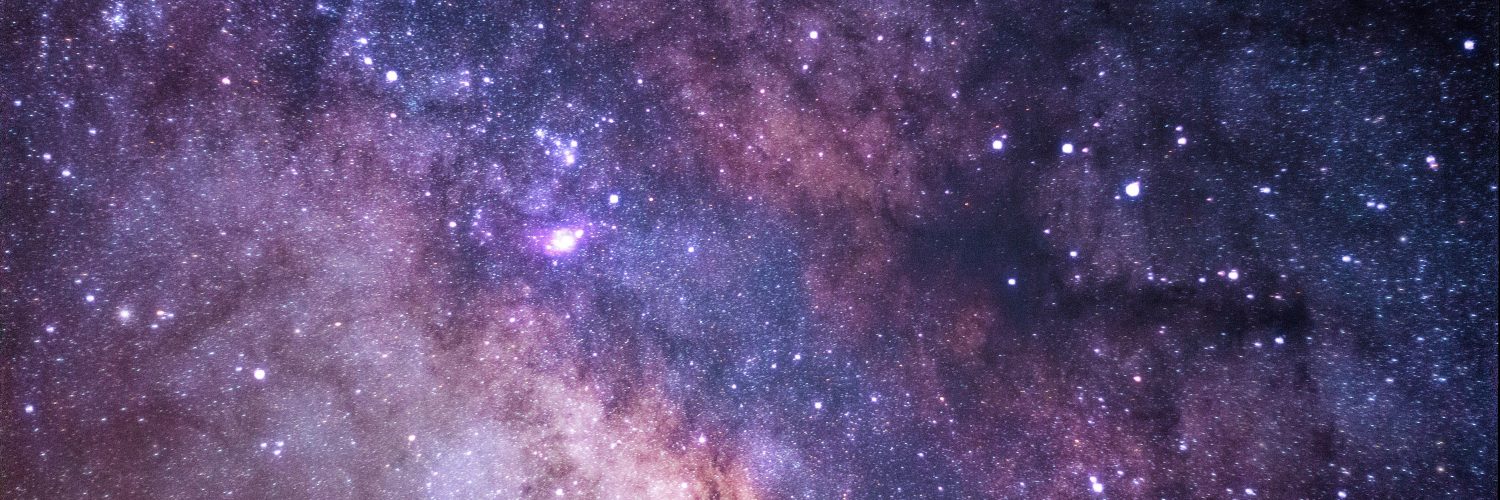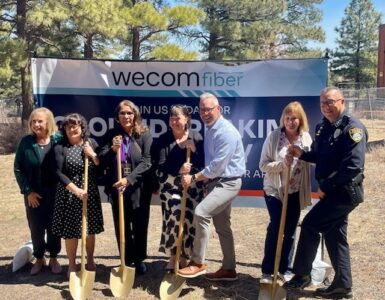Arizona State University has been going to space for decades now in one way or another. From landing a rover on Mars to satellites now dangling over our heads, ASU is no stranger to going to infinity and beyond to answer questions down here on earth. Now, the university is going back to space yet again, this time to help out Amazon founder and CEO Jeff Bezos.
Bezos has tapped Arizona State University to partner with his space-based side project, Blue Origin LLC, to send payloads to the lunar surface with hopes of one day living and working in space and on the moon. It’s an ambitious plan, to say the least, but is becoming more and more talked about in the conversations around galactic gallivanting, especially with other billionaires like Elon Musk planning to colonize Mars and Sir Richard Branson eyeballing space travel for the common folk.
Representatives of Blue Origin came down to chat with students in the Commercial Opportunities class at ASU’s School of Earth and Exploration, which connects students with space projects in which they can find research positions. ASU will help develop one or more payload experiments to be launched on board a Blue Origin ship, known as Blue Moon, a smaller ship that delivers a variety of small, medium and large payloads to the moon.
“There should be an academic voice in this space exploration conversation. ASU itself is a very entrepreneurial university. We understand that there is a bottom line and we want to educate our students,” said Jim Bell, director of the multicampus Space Technology and Science Initiative at ASU. “We appreciate that and it separates us from a lot of academic institutions.”
The partnership, which was announced on May 9 in Washington, D.C., represents a multi-faceted approach to the future of space travel including tapping government, private, and university sectors to work on projects.
Blue Origin aims to lift off in the next few years with new projects. This new partnership follows the successful launch earlier this month of three ASU student-led payloads on Blue Origin’s New Shepard space vehicle, the first-ever student-designed and built payloads to be launched into space and brought back to Earth.
So, are we getting closer to sending humans to space for the purpose of working and conquering and exploring, like Interstellar and Star Trek? Sort of.
“It depends on how optimistic you are and how the budgets turn out,” Bell said. “Mr. Bezos claimed that Blue Origin would be ready to send people to the moon within five years. It’s ambitious, but these companies have already done some great things. One of the ways to do something quickly is to have some money ready.”
















Add comment